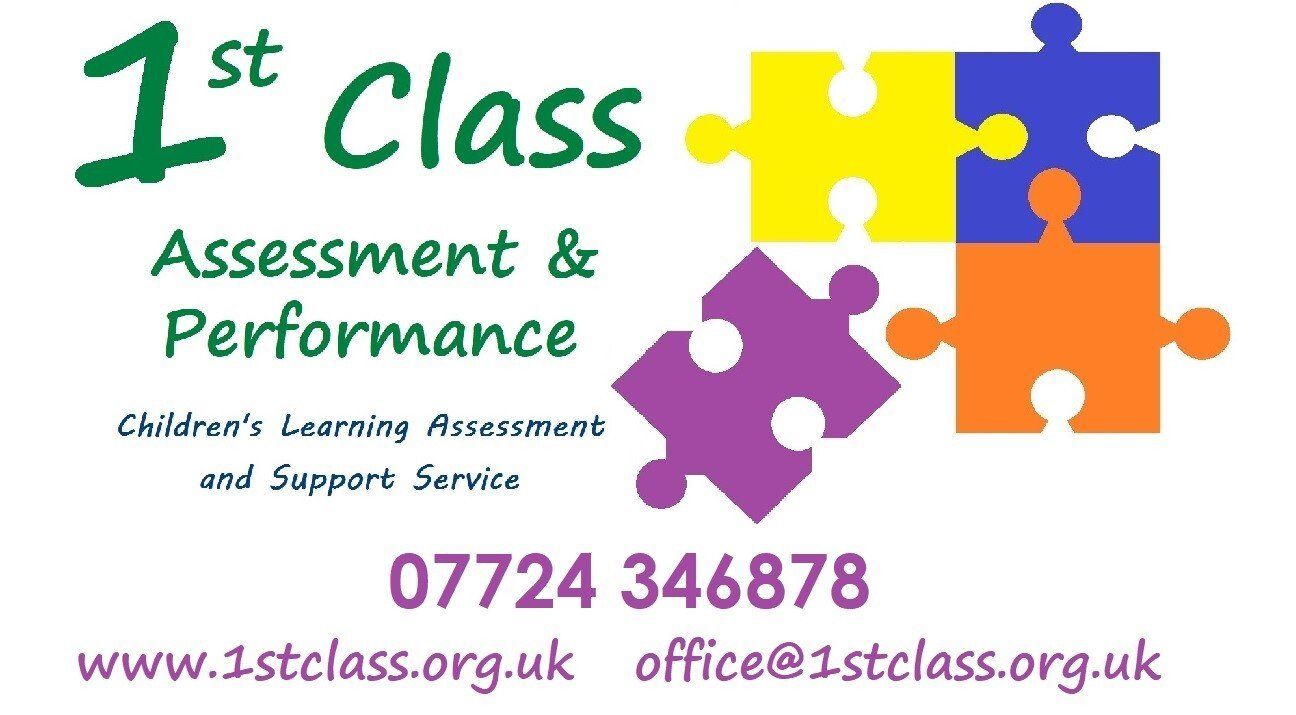Dr Elizabeth Davies
HCPC registered Educational Psychologist
Principal Learning and Assessment Consultant
Dr Elizabeth Davies, BSc (First Class Hons), MSc, PgDL, PGCE, DEdPsych
Principal Learning and Assessment Consultant
Director and Founder
Elizabeth graduated from the University of Manchester with a First Class degree in Psychology in 2001. Towards the end of her degree, Elizabeth considered a career in Educational Psychology and took several optional modules relating to the career. Whilst studying for her degree, Elizabeth had really enjoyed her part-time job with the prison team of the Probation Service, and opted to continue her studies with a Masters degree in Forensic Psychology. Elizabeth completed this the following year, graduating with a Merit. At the end of the Masters degree, Elizabeth obtained a position working for a Greater Manchester not-for-profit company’s prison team, working with prisoners soon to be released. Elizabeth’s role was to provide teaching sessions with groups of prisoners and one-to-one advice and guidance on resettlement issues including employability. Elizabeth worked in a variety of prison settings: men’s, women’s, young offenders’ and high security. Due to the teaching and training nature of the role, Elizabeth studied for a PGCE teaching qualification alongside the job, which she completed in 2004. Elizabeth’s enjoyment of legal studies led her to also complete a Postgraduate Diploma in Law in 2005, which she passed with a Commendation.
Elizabeth has always enjoyed research and statistical analysis, and for a while she was employed as a researcher for a local authority Research and Development Team, where she planned, designed and evaluated research which would feed into policy development, for example for children and adults with learning difficulties, child protection, and young carers. It was the combination of working in prisons and for the local authority research service that Elizabeth’s interest in Educational Psychology resurfaced, concerned at the level of literacy skills amongst the prison population, and those who has been excluded from school at a very young age, and how the cycle could be broken for younger children in school with learning needs and/or at risk of exclusion, either through supporting their learning or working on their social needs. Elizabeth decided to pursue a career in Educational Psychology, which was now changing to become a Doctorate level training course.
Elizabeth accepted a position as an Assistant Educational Psychologist in a rural county in the south west, and applied for the Doctorate, which she succeeded at obtaining a place in its first year of operation (the “pioneers,” as they were affectionately known!) Elizabeth began the training course in 2006, and in years two and three she worked as a Trainee Educational Psychologist for a small urban local authority in the north-west, based mainly in its central area of high deprivation.
Elizabeth graduated from the University of Exeter with a Doctorate in Educational, Child and Community Psychology in 2009. Since then, she has worked as an Educational Psychologist (EP) for two very different local authorities. The first local authority was one of extremely high levels of unemployment and deprivation, the second more of a mixed authority with some high performing primary schools and other areas of high need. Elizabeth has particular interests in measuring and monitoring progress and attainment, the development of language and communication in the early years, social inclusion, whole-school issues, the improvement of overall school performance, and meeting the needs of more able and talented pupils. Still enjoying research, Elizabeth continues to find interest and pleasure in CPD (continuing professional development) by keeping up to date with research and developments in education.
On a personal level, Elizabeth is the lucky mum of three gorgeous children. With the children growing up so rapidly, Elizabeth and her husband decided it was time to relocate to the countryside, something they had been intending to do for many years, and she left local authority EP work. The family is loving the countryside and its better pace of life. Elizabeth decided that rather than continue with EP work with a local authority, she would prefer to set up an independent company focusing on observation, assessment and consultation to really help families and schools where it is needed most. Elizabeth continues to be a Health and Care Professions Council (HCPC) registered Educational Psychologist. Working independently - free from the constraints of bureaucracy, meetings, regular restructures in systems and organisations - Elizabeth can truly focus her time and efforts into helping families and schools in finding out what they really want to know about children’s learning.
In her ‘free’ time, Elizabeth has engaged with voluntary work in the community, including helping out with a parent and toddler playgroup and, before having her own children, she organised and managed a successful and very popular weekly children’s club for several years. For this, she led craft activities, planned games and quizzes, and oversaw trips to various places. Elizabeth has been approached to be a governor at a local school. She is also a committee member and community and business engagement post-holder in a local community orchestra.
Find out more
See what previous customers have said about Elizabeth's work with children and schools
See the FAQs section to answer some of your queries about what is available
See the important information about how to arrange the services and what happens next
The Consultation Model
Assess
Find out the child's strengths and needs through existing classroom achievements, discussion with relevant adults and professionals, and standardised assessments
Plan
Determine what to try next, interventions to implement, targets to assess, who will support the child, how success will be measured, and how progress will be recorded
Do
Implement the plan according to the interventions and timings discussed. Relevant adults provide support through the planned interventions
Review
Measure the progress made in relation to the targets and outcomes set. Review impact of interventions and support. Review the plan, make changes if necessary
Let's Talk
Send me an email to request a discussion by phone regarding potential involvement, or complete the online form with any requests for information, and I will get back to you within two working days in school term time.


